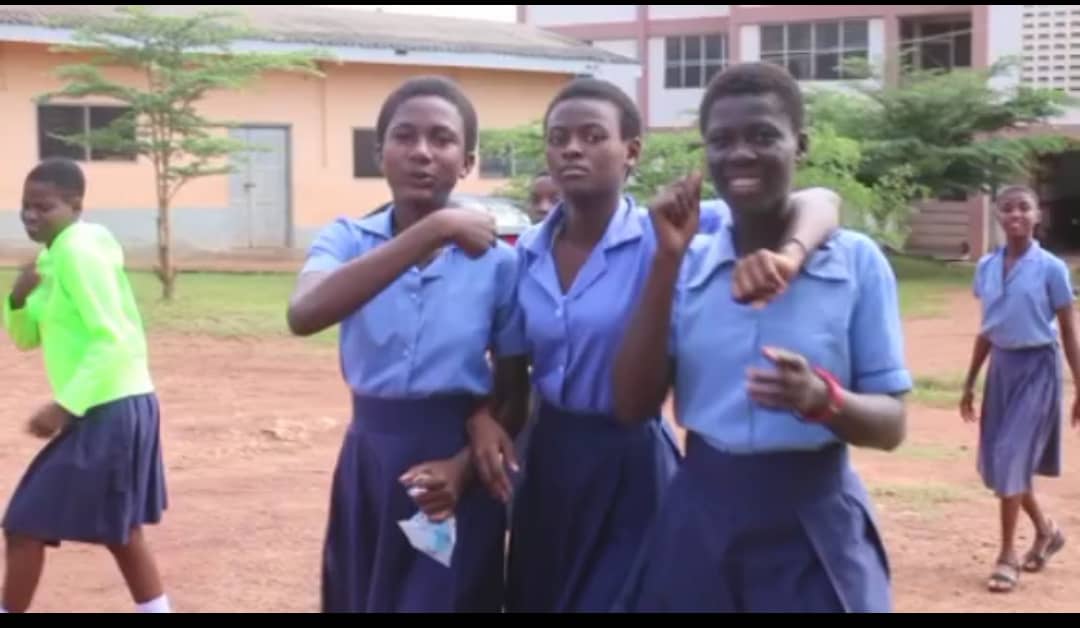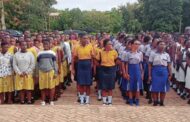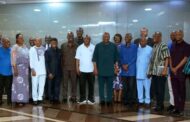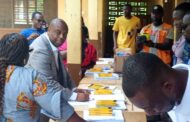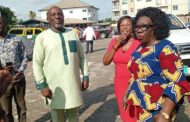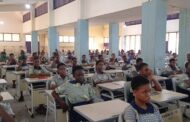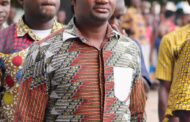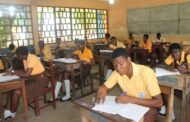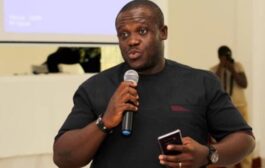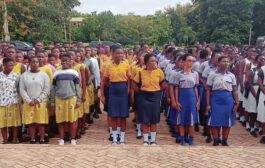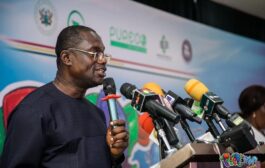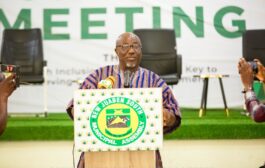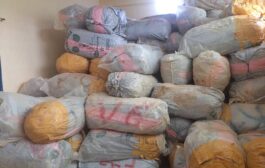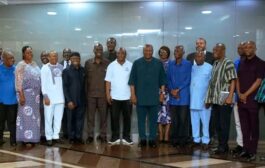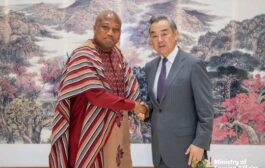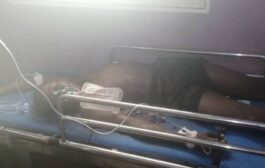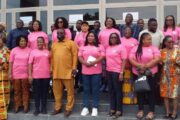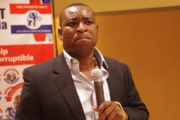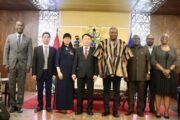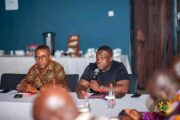Twelve (12) candidates from the Koforidua School for the Deaf are set to participate in this year’s Basic Education Certificate Examination (BECE), which commences on Wednesday, June 11, 2025.
The Eastern Regional Special Education Coordinator of the Ghana Education Service (GES), Azuma Kennedy Kwame, revealed that students with special needs across the region have been guided in their school selections to ensure appropriate placements after the examination.
However, he expressed concern over the inadequate number of inclusive second-cycle institutions available for deaf students nationwide.
“Currently, Mampong School for the Deaf, established in 1975 in Akuapem North, remains the only dedicated Senior High Technical School (SHTS) for the Deaf in Ghana. This limits opportunities for students with hearing impairments,” he stated. “We are working to open up other Senior High Schools for inclusive education, while also posting trained special education teachers to support these institutions.”
The concerns were raised during an Inclusive Education Forum organized by Bebia Bɛyɛ Fine Association (BBF) in collaboration with DMAC Foundation under the Kofkro Project, with support from STAR Ghana Foundation.
Delivering a keynote address on the theme “Empowering Students with Disability: Focusing on Strategies to Enable Students Reach Their Full Potential,” Headmistress of the Koforidua School for the Deaf, Mrs. Joyce Adu Agyemang, passionately called for practical implementation of Ghana’s inclusive education policies beyond policy documents.
“Disability should never be a limitation to one’s right to education,” she declared, adding that students with disabilities continue to face significant barriers due to lack of accessible learning materials, assistive technologies, and specialized facilities.
She emphasized that true empowerment means creating environments where students with disabilities are not merely accommodated, but celebrated and provided with tools to thrive.
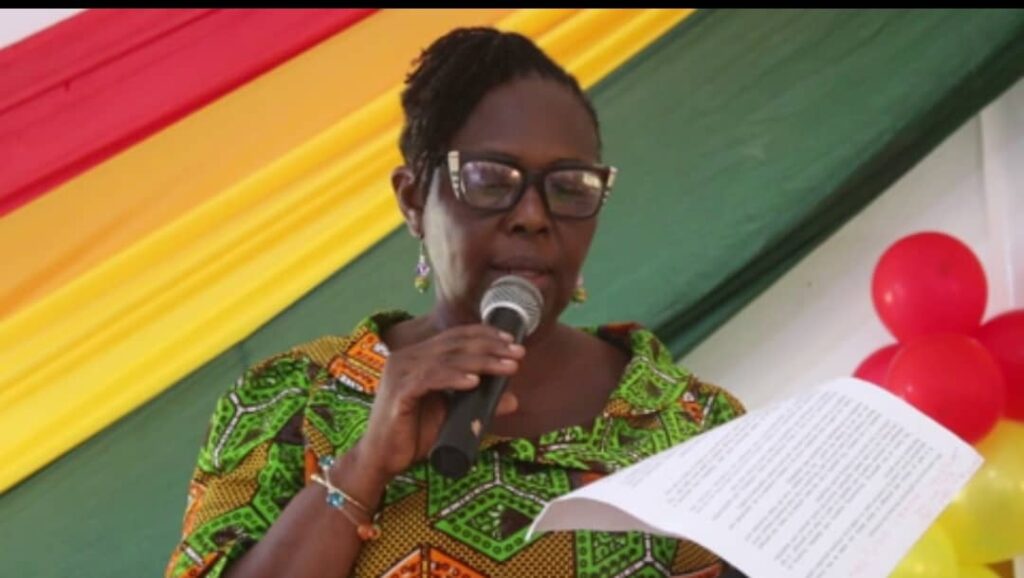
Referencing disability rights activist Judith Heumann and iconic quotes from Nelson Mandela and Helen Keller, Mrs. Agyemang advocated for actionable strategies such as:Adoption of Universal Design for Learning (UDL) principles
,Development of Individualized Education Plans (IEPs)
,Comprehensive teacher training in inclusive practices,Creation of peer support and mentorship programs
and Engagement of families and communities to promote acceptance and understanding
She also called for nationwide research on the impact of sign language on the academic performance of deaf students, integration of assistive technology, and adaptation of digital platforms to be accessible to all learners.
“A policy without implementation is just a wish,” she stressed, urging stakeholders to move from rhetoric to action.
The forum highlighted the importance of leadership, advocacy, and sustained investment in inclusive education as a national development priority — echoing the Sustainable Development Goal 4, which seeks inclusive, equitable, and quality education for all.
Fadilatu Ahmed Executive Director, DMAC Foundation said the inclusive Education Forum, was aimed at bringing together stakeholders to bridge gaps in Ghana’s special education sector.
Source:Mybrytfmonline.com/Obed Ansah



